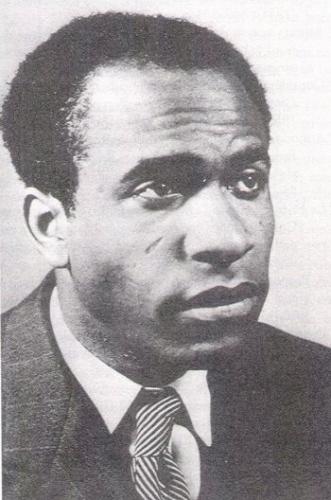

This was one of the first books to analyse the psychology of colonialism. Black Skins White Masks was published in 1952 but did not gain widespread recognition until the late 1960s. He died of leukimia in Washington 1961.įanon’s key works are Black Skins White Masks, A Dying Colonialism, The Wretched of the Earth, and Toward the African Revolution. Though Fanon was from the Antilles, following his experiences in Algeria he came to think of himself as Algerian. He travelled widely in Africa to speak on his anti-colonial ideas and was ambassador to Ghana for a period. He moved to Tunis, founded the Moudjahid (Freedom Fighter) magazine, and became a leading ideologue of the Algerian revolution. This served to radicalise Fanon and he supported the revolutionaries in secret for two years before resigning from his job at the hospital in 1956 and joining the National Liberation Front. The 1954 Algerian revolt was met with a violent response involving torture, repression, physical abuse and widespread killings of Algerians by the colonisers. In Algeria Fanon was appalled by the difference in living standards between the European colonizers and the indigenous population, and by the racism experienced by the Algerians. In 1953 he went to Algiers as head of the psychiatric department at the Bilda-Joinville Hospital. Following his studies Fanon became involved in struggles against colonialism under the influence of African freedom fighters who went to France to garner support for their struggles. After the Second World War he went to study medicine and psychiatry in Lyon. Fanon was involved in supporting the French resistance against the Vichy regime in the Caribbean, and against the Nazis in France (though he experienced daily racism while serving in the army). He studied at the Lycée Schoelcher in Fort-de-France, where he was taught by writer and poet Aimé Césaire.

Fanon was born in the French colony of Martinique in 1925. Like many canonical postcolonial thinkers, Fanon’s personal biography is often viewed as important in understanding his published work. Fanon is an important thinker within postcolonial and decolonial thought whose work has had widespread influence across the social sciences and humanities. Frantz Fanon was a psychoanalyst who used both his clinical research and lived experience of being a black man in a racist world to analyse the effects of racism on individuals –particularly on people of colour- and of the economic and psychological impacts of imperialism.


 0 kommentar(er)
0 kommentar(er)
